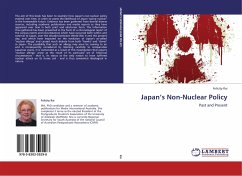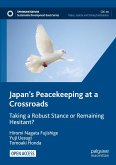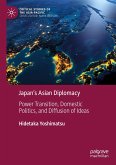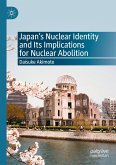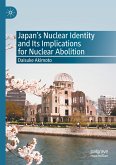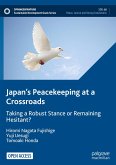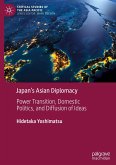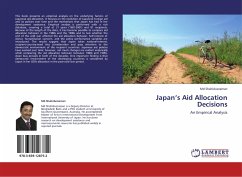The aim of this book has been to examine how Japan's non-nuclear policy evolved over time, in order to assess the likelihood of Japan "going nuclear" in the foreseeable future. Evidence has been gathered from several diverse sources, including academic publications and media reports as they have appeared over time in both print and electronic form. The information thus gathered has been presented in the form of a chronological report of the various events and circumstances which have occurred both within and external to Japan, over the decades between World War II and the present day, and which have impacted on the evolution of Japan's so-called "nuclear allergy" and caused much debate from both "hawks" and "doves" in Japan. The possibility that such an allergy may soon be coming to an end is consequently considered by listening carefully to comparative Japanese voices. It is contended as a result of this investigation that Japan's "nuclear allergy" arose as the result of its particular set of historical circumstances - that is, its status as the only nation to have suffered nuclear attack on its home soil - and is thus somewhat ideological in nature.

